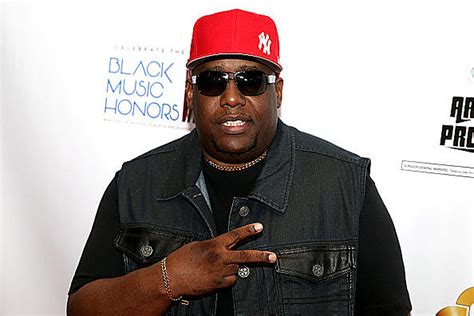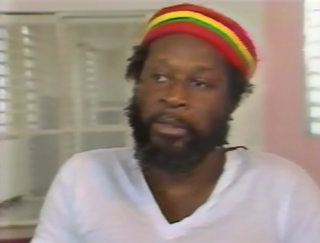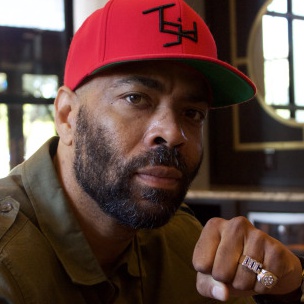A Quote by Kool Moe Dee
Some of the free lunch programs were still goin' on - based on the last leg of the Black Panther Party.
Quote Topics
Related Quotes
What kind of motivated me to join the Black Panther Party was that I, along with some of the comrades that I was working with in New York, had heard about the Black Panther Party, and they were doing things that we wanted to do in New York, and we thought that would be a better vehicle than the vehicle that we had going on in New York. They were better organized, and they already had their Ten-Point Platform and Program, and people already heard about them. So we decided that we would join the party, when given a chance.
But all was not sunshine and Marvin Gaye songs. [UCLA] also recruited black students as part of a High Potential Program that was meant to bring diversity to the campus. Two of the students that were part of that program were Alprentice "Bunchy" Carter and John Huggins, Jr., both members of the Black Panther Party's Southern California Chapter.





























